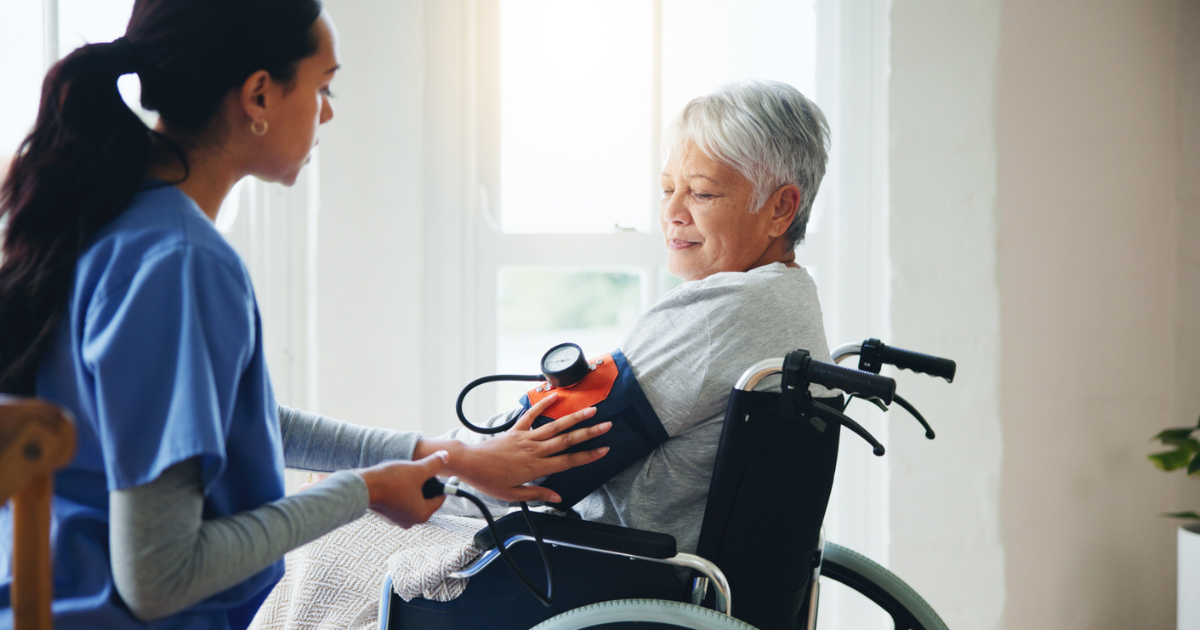Home Health Aide (HHA)/Care Giver
Home Health Aide (HHA)

Course Overview
The Home Health Aide (HHA) course equips learners with the knowledge and practical skills required to provide personal care and support to patients in their homes. HHAs assist individuals who are elderly, disabled, or recovering from illness, ensuring their comfort, safety, and independence while under the guidance of nurses or healthcare professionals. The course blends classroom instruction and supervised practical training, preparing students for rewarding careers in home and community-based care.
Course Objectives
By the end of this course, learners will be able to:
Assist patients with activities of daily living (feeding, bathing, grooming, mobility).
Provide basic health-related services such as checking vital signs.
Maintain a clean, safe, and healthy home environment.
Support patients with medication reminders and dietary needs.
Offer companionship, emotional support, and encouragement.
Communicate effectively with patients, families, and healthcare providers.
Apply infection control, safety, and emergency response procedures.

Who Should Enroll?
This program is ideal for:
Individuals seeking a career in healthcare and caregiving.
Those passionate about supporting the elderly, disabled, or chronically ill.
Caregivers or volunteers who want formal training and certification.
Students considering advanced studies in nursing or health sciences.
Course Modules
1. Introduction to Home Health Care
Roles and responsibilities of HHAs
Patient rights, ethics, and confidentiality
2. Basic Anatomy & Physiology
Understanding common health conditions
Recognizing changes in patient health
3. Personal Care Skills
Bathing, grooming, feeding, dressing, mobility assistance
Promoting patient dignity and independence
4. Nutrition & Meal Preparation
Basic dietary needs and meal planning
Supporting patients with feeding difficulties
5. Vital Signs & Basic Health Monitoring
Measuring temperature, pulse, respiration, and blood pressure
Reporting changes to healthcare supervisors
6. Infection Control & Safety
Hygiene practices, PPE use, and sanitation
Preventing accidents and ensuring home safety
7. Medication & Health Support
Assisting with prescribed medication reminders
Understanding scope of practice (what HHAs can and cannot do)
8. Emotional & Social Support
Providing companionship and conversation
Supporting families and caregivers
9. Practical Training
Supervised caregiving practice in homes or community care centers
Learning Methods
- Classroom lectures and interactive discussions
- Demonstrations and role-play
- Case studies and scenarios
- Supervised fieldwork in patient homes
Assessment & Certification
- Continuous assessments (assignments, skill demonstrations)
- Final practical and written evaluations
- Successful participants earn a Certificate in Home Health Aide (HHA), qualifying them to work in home care settings.
Career Opportunities
Graduates can work in:
Home Care Agencies
Private Homes
Hospices and Palliative Care Services
Community Health Programs
Elderly Care Facilities
With further education, HHAs may progress into careers such as Certified Nursing Assistant (CNA), Licensed Practical Nurse (LPN), or Registered Nurse (RN).
Duration & Requirements
Duration: 3 – 6 months (depending on program structure)
Requirements: Secondary education, good communication skills, and compassion for patient care.

